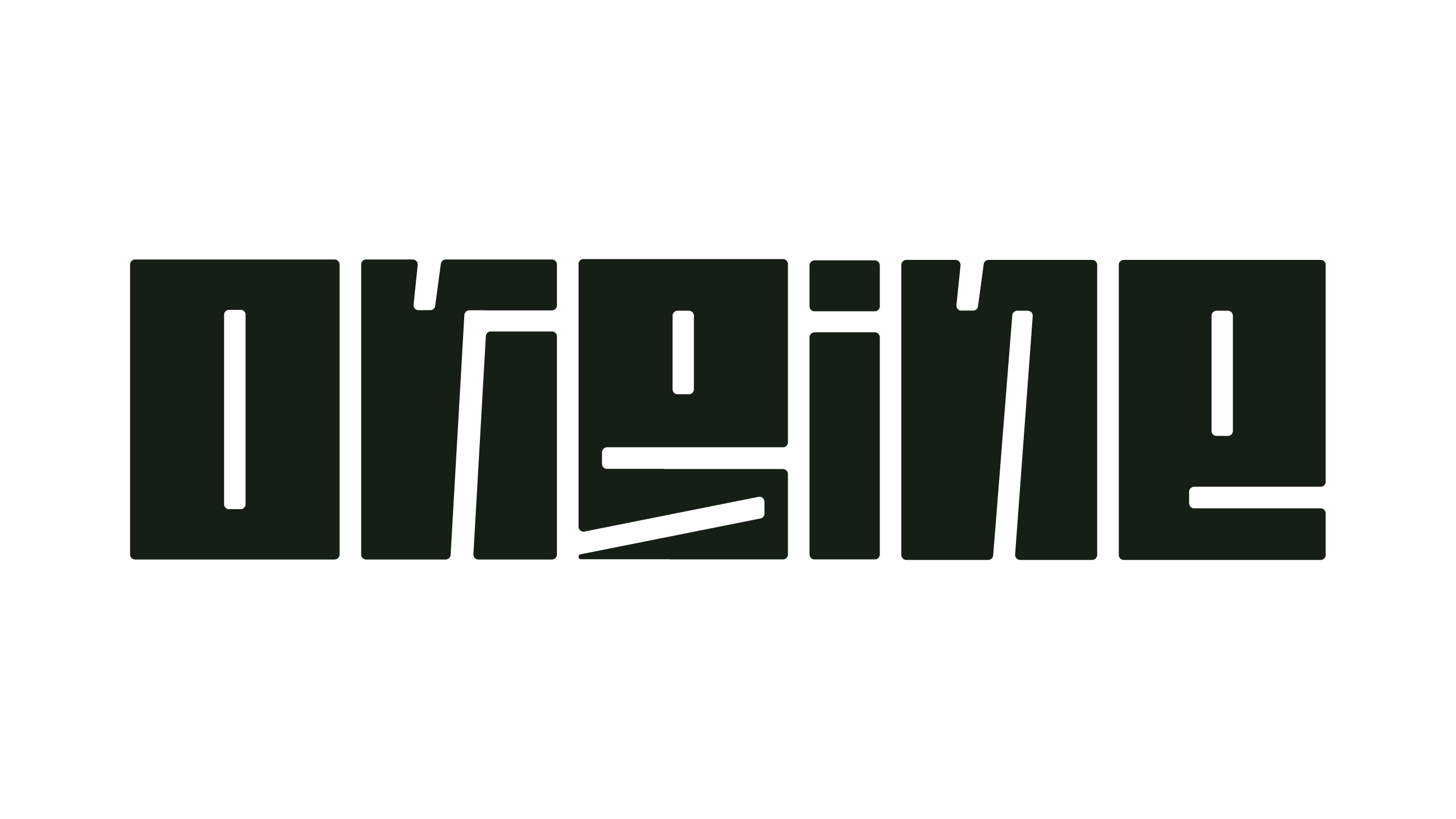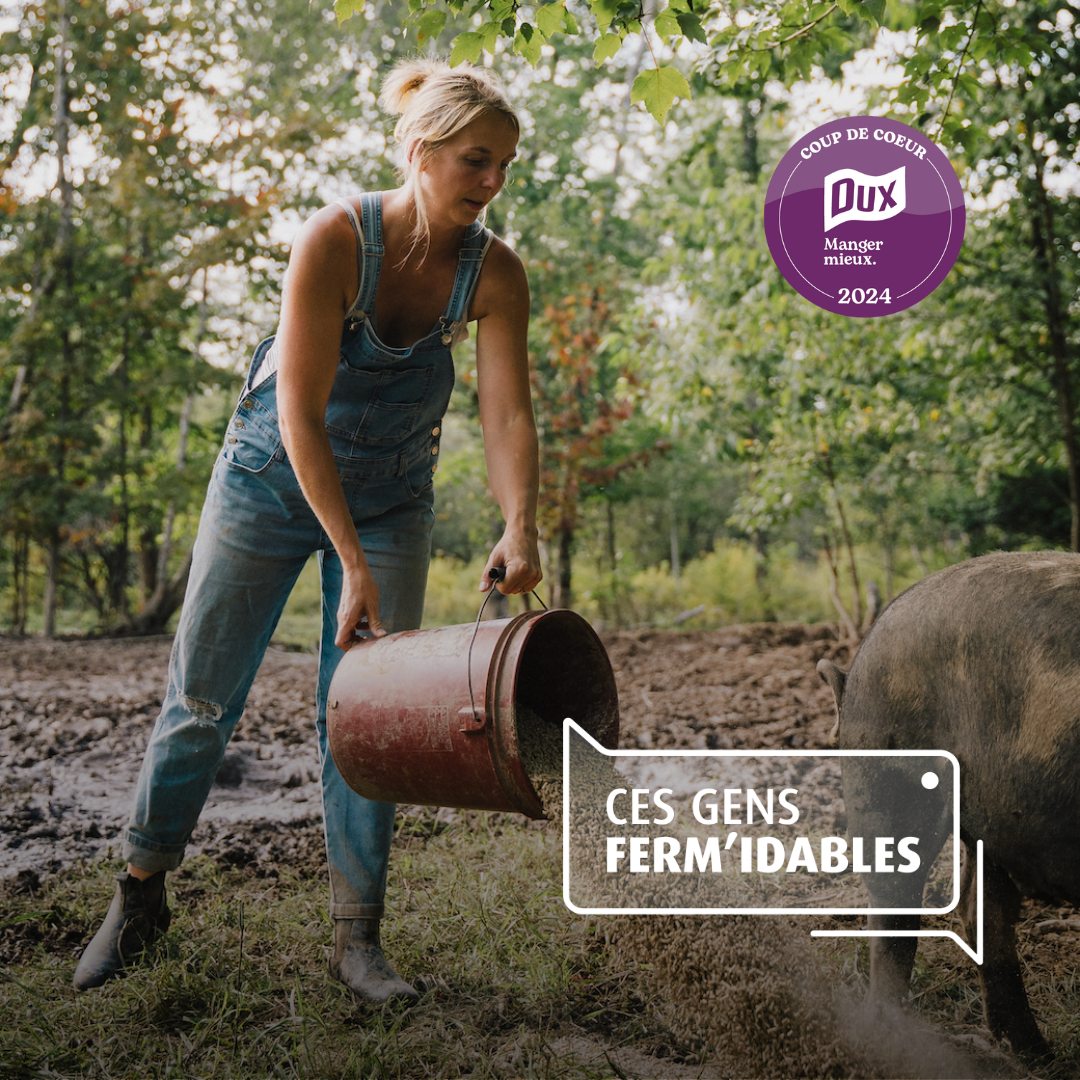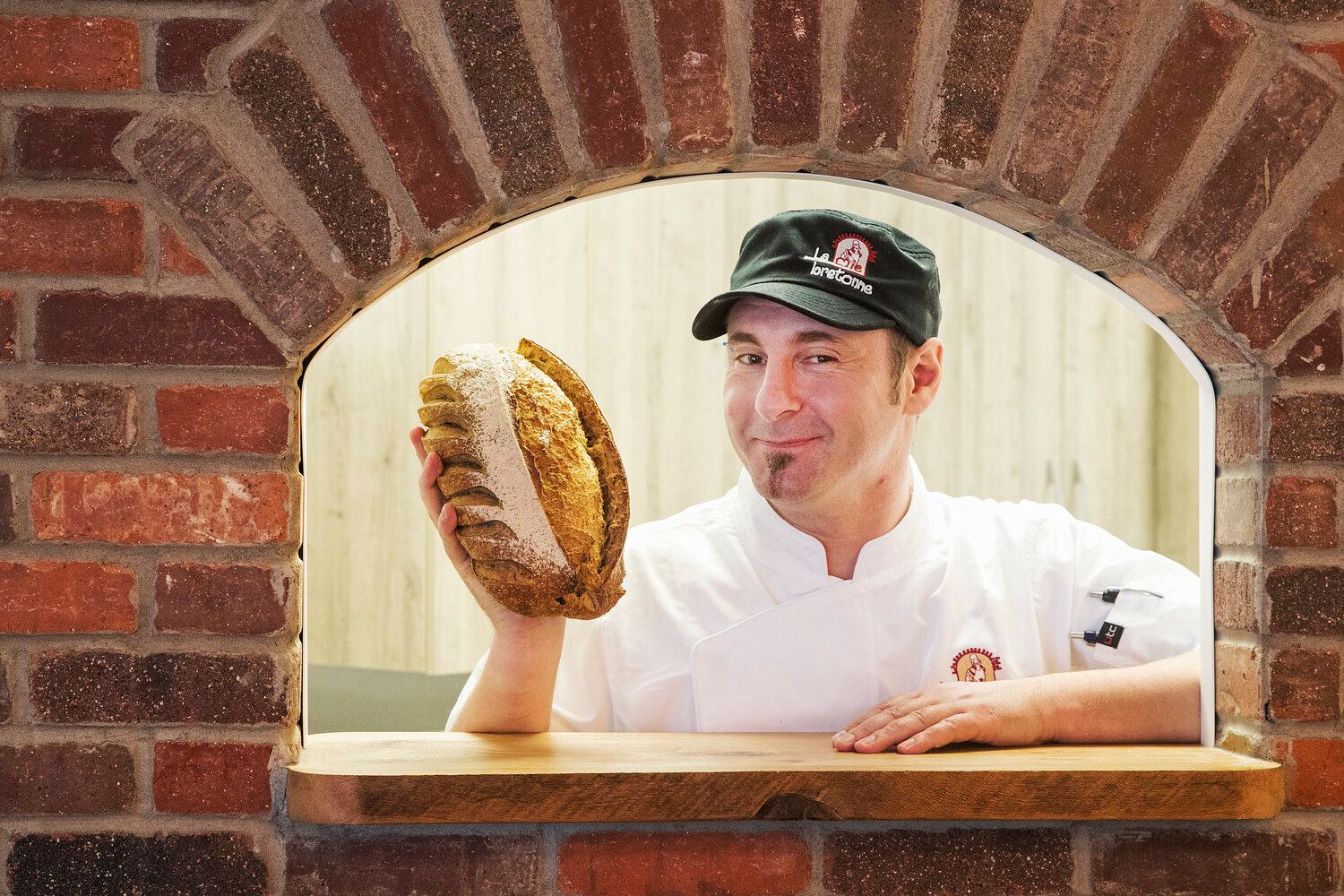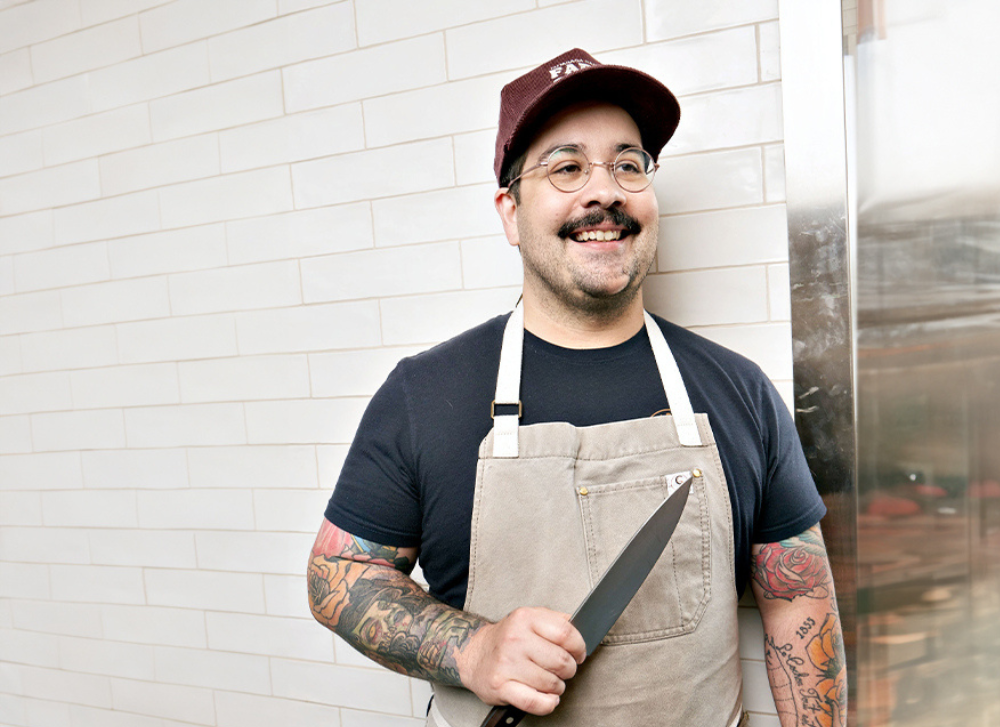At first glance, with the popularity of summer markets, local food, and this wave of new agricultural entrepreneurs, one might think that everything is going well for the farming community. But a Stephanie Wang's letter from the farm Rizen , recent winner of the Laurier for Producer of the Year, is sounding the alarm.
This is the cry from the heart of an organic market gardener, but also of a sociologist who is concerned about the sustainability of our agricultural land and that of producers, to the extent that we have crossed the tipping point where a producer's income will no longer be sufficient to repay the purchase of land over the course of their working life.
Agro-tourism, farm schools, day camps, concerts, farm tables, producers are working to diversify, but the main reason behind these actions remains the need to generate more income. Farmers must also balance their efforts to remain within the framework of the law protecting agricultural land administered by the CPTAQ , law which imposes a ceiling on tourism revenues.
According to data compiled by Farm Credit Canada reports that the average value of farmland has jumped 248% over the past 10 years. For example, in 2022, the price of a hectare in Montérégie was around $48,000. There is still a lot of demand, and little land available for sale, which invites bidding wars and speculation. More and more non-farmers own farmland, and according to this article According to Radio-Canada, the Quebec government does not even know the figures corresponding to this movement.
How then can we protect the land that feeds us, when many agricultural lands are being removed from their nourishing function every day, probably forever? This poses a real danger to our food sovereignty, and solutions will need to be numerous to address the scale of the problem, but one model in particular exists to ensure the sustainability of land: the FUSA (Agroecological Social Utility Trust).
Protecting our agricultural lands through FUSA
Hubert Lavallée presides Protec-Terre , a registered charity that provides resources to support producers wishing to create a FUSA and thus protect their land in perpetuity. Its mission is the preservation and ecological protection of land for future generations and to benefit communities. It is a tool for the perpetuation of agricultural land and its heritage character (agricultural, ecological, historical, community, even landscapes can be protected as is already done in Switzerland.). This video sums up well what a FUSA is.
How does it work? The land deposited in a FUSA no longer belongs to anyone. It becomes a designated asset, meaning it exists solely for the fulfillment of its purpose (its mission) and is administered by the board of trustees. The producer can, for example, become a surface owner with an agreement protecting their investments and their business. Protec-Terre works hand in hand with the organization on complementary services. Arterre , which offers support to facilitate the matching of aspiring farmers and owners. Each MRC member of the network offers the services of a networking agent.
Protec-Terre would like to propose the creation of a tax-advantaged fund, similar to a workers' fund like the FTQ, whose return would not be that of a gazelle but would represent an investment proposition that better corresponds to the values and needs of our society.
The fine example of France
France is already doing this with the organization Terre de Liens , which relies on an associative and civic dynamic allowing the acquisition of agricultural land, to install a new generation of farmers on organic farms. These places recreate the link between farmers and citizens, while promoting biodiversity and respect for the soil. For 20 years, Terre de Liens has helped to protect 330 farms, with 9700 hectares of land transmitted, 4400 members and 1400 volunteers. A provision in the French tax system would have allowed the land protection project to start with sustained funding from the start, funds always remaining the sinews of war, hence the importance of political and societal involvement. The organization Access to Land of which Terre de Liens is a part, carries out a similar mission but this time across the whole of Europe.
It remains to convince our politicians, because 15 years ago the Pronovost report was published following the Commission on the Future of Agriculture and Agri-Food in Quebec, and few significant movements seem to have occurred despite their necessity.
According to this report from Green Week who is updating this report, 40% of the territory would still not be under cultivation, so we are talking about green zoned territory which no longer produces food.
Time to change things
For Hubert Lavallée, we must make the leap from an individualistic model to a collective one, because agricultural land is a common good that should not be used to enrich individuals or banks. We must emphasize work at the societal level, that is, rebuilding bonds of solidarity between producers and consumers, but also with society as a whole, since our food affects absolutely everyone. Like the indigenous culture that worked for the next seven generations, it is time to return to serving Mother Earth rather than trying to possess it. A significant cultural shift is required.
Sometimes we see on our social media feeds a nearby farm asking for occasional help for a day of harvesting, in exchange for vegetables, for example. A return to a circular economy where money is removed from the equation while allowing us to build, over time, close relationships and friendships with the producers who feed us.
What follows is the development of empathy and a real understanding of the reality of our small farms, their needs, their pitfalls, but also the benefits of having them close by. And what a joy to be able to join them for celebrations, and share these nourishing foods produced with love and care. And from farm to farm, our entire supply chain is created over time.
For Stéphanie Wang, her highly publicized letter served to bring together a network of people interested in making a difference, and she tells me that an event is coming up in February 2024 with stakeholders to delve deeper into this issue, to explore what works while identifying obstacles. Watch the " politics " section. » of the Rizen site, their involvement is still relevant, as is that of Les Cocagnes , this very special agroecological collective farm project which houses the Rizen farm among others for rental.
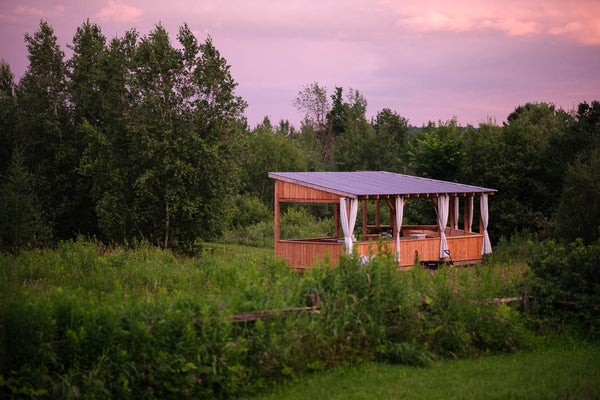
Get involved in the sustainability of our lands
And for those who are thinking about the sustainability of their land, Hubert Lavallée specifies that the successful creation of a FUSA depends on many factors, including fundraising or the chosen financing mechanism, and that it can take between a year and a half and probably 3-4 years in terms of timeline. The larger the network of interested people, the better the chances of success. He suggests approaching organizations, businesses, and people from municipalities since it will be necessary to have trustees to then administer the trust. Hoping that one day soon, those who wish to create FUSAs will be the first to benefit from government assistance since it is a work oriented solely towards our common good.
And after many years working for Protec-terre, Hubert Lavallée comes forward: "There are approximately 2 million hectares of agricultural land in Quebec, we could afford to protect them all. It would cost a few billion, but billions are being invested here and there, so it's a budgetary choice. The population and the government could preserve the resource and remove it entirely from the market. Isn't it time we gave ourselves the means to do this as a societal choice?" A statement that inspires dreams and would undoubtedly be the sign of an extremely advanced society.
